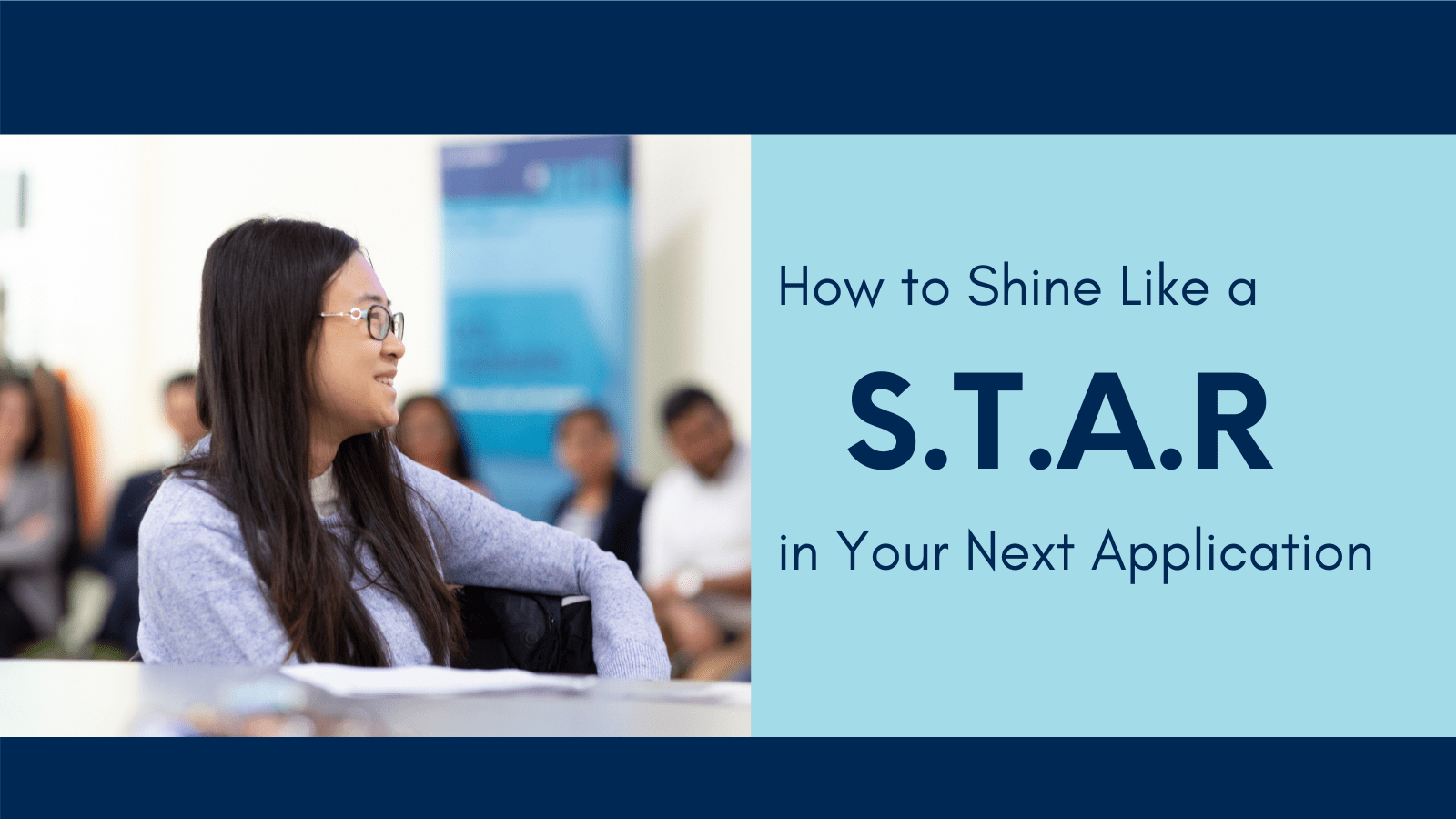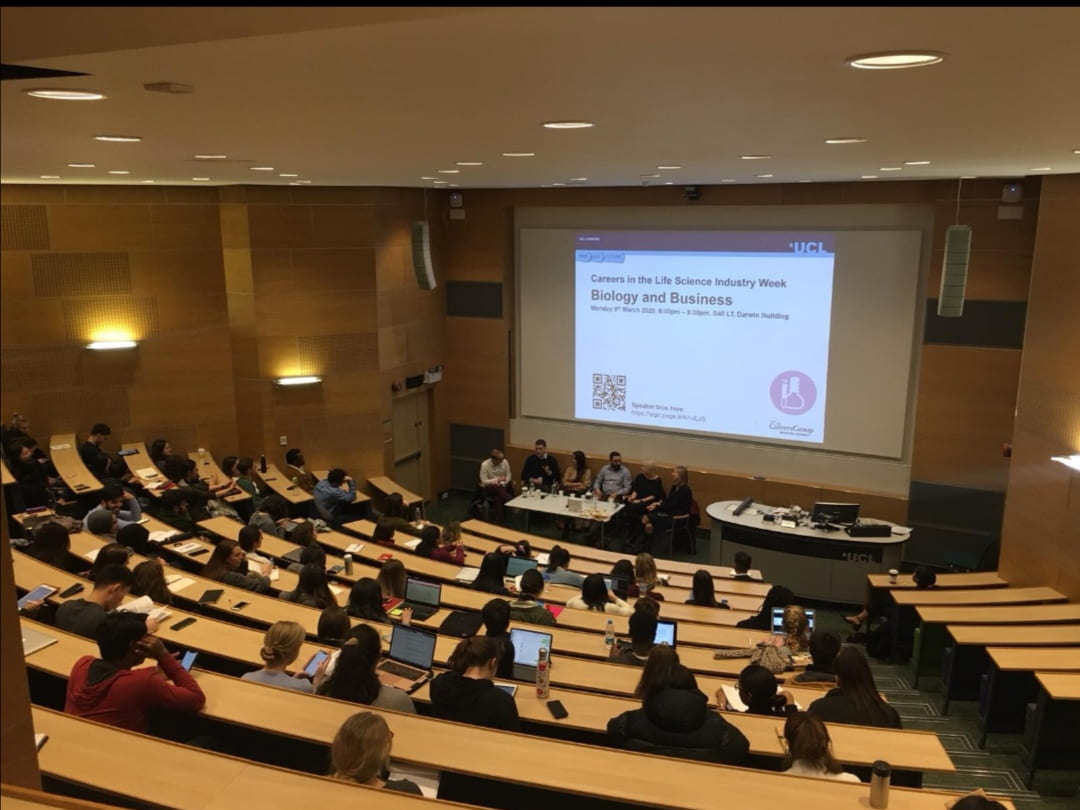Accessing Careers at a Time That Suits You – Careers Essentials Online Moodle
By skye.aitken, on 12 August 2020
Read time: 4 minutes
Written by Lee Pike, Careers Consultant at UCL Careers.
Did you know you can access careers 24/7? That’s right! Whether you’re an early riser or a bit of a night owl, you can access essential careers help and guidance at a time that suits you.
Our one-to-one appointments, workshops, and employer events take place during ‘core’ hours. Outside these hours you can still access a wealth of information through Careers Essentials Online. This is a video-based, interactive course on Moodle, designed to provide insight and practical tools for students at any stage of their career-thinking.
- Careers Essentials Online Structure
The online course has six modules to help guide you through whatever stage of career thinking you might be at. You can go through each in turn or just those that appeal or apply to you in the moment. Below is a list of each module with some descriptive text of each.
Module 1 – Your future and how to work towards it
- Learn how to make next-step career decisions and understand more about yourself and what might be important to you.
- Find out how to generate potential career options and carry out job research.
- You can then approach the task of sourcing opportunities with confidence.
Module 2 – Understanding the graduate job market
- We’ll demystify phrases like ‘Graduate Schemes’, ‘competencies’ and the ‘hidden job market’.
- Understand more about the reality of looking for jobs / work experience.
- Learn what employers look for when recruiting at graduate level.
Module 3 – Sourcing jobs and work experience
- Understand the best sources of advertised jobs and work experience.
- Learn strategies to access opportunities that are ‘hidden’ and how to apply for unadvertised work.
- Find out how best to utilise the services of a recruitment agency.
Module 4 – Effective CV, cover letters and applications
- Understand how to personalise a CV to a specific role to increase your chances of selection.
- See examples of model cover letters.
- Find out how to answer motivation and competency-based questions on application forms.
- Understand how the majority of interview questions are predictable.
- Learn how to approach an interview including answer preparation by using relevant structures / evidence.
- Learn how to create a great first impression.
Module 6 – Planning for success – managing your job hunt
- Understand how to create a strategy to help you plan and move forward with your career thinking and job hunting.
- Learn how to stay motivated and resilient on your journey.
- Module Structure
Each module has four sections: Interactive Tutorial; Support Centre; Key Resources; and, Feedback.
Interactive Tutorial
Interactive Tutorials are full of insight, advice and exercises to help you through each module topic. They range between 20 to 45 minutes to complete. An Australian study compared online tutorials using interactive material with electronic book material. It found that the interactive tutorials produce better results than non-interactive online tutorials.
Support Centre
The Support Centre is where you’ll find links that enable you to book a one-to-one appointment with a Careers Consultant or Applications Advisor. You’ll also find links to careers events, workshops and careers fairs. All events that are usually face-to-face are currently running virtually via Microsoft Teams and other virtual platforms. If you use the Careers Essentials Online before your face-to-face appointment, the appointment will likely be more focused as you’ll have a much better understanding of your issues before you meet.
Key Resources
The Key Resources are a selection of short downloadable mini-guides pertinent to the module topic. Many of these resources form part of the interactive tutorials. This section provides quick access to them rather than needing to go through the Interactive Tutorial.
Feedback
Feedback is an important part of the Careers Essentials Online Moodle. We always want to improve our offering to you and your feedback is invaluable!
Next steps
Why not…?
- Make a cup of tea and settle down to an interactive tutorial. You will learn something new at a pace that suits you.
- Have a look at the services that are available to you through myUCLCareers and UCL Careers Events Programme.
- Use the key resources from each module. Another fantastic source of online resources is the Careers library.
- Provide feedback so the Careers Service can continue to improve the Careers Essentials Online Moodle – we’d love to hear from you!
 Close
Close











